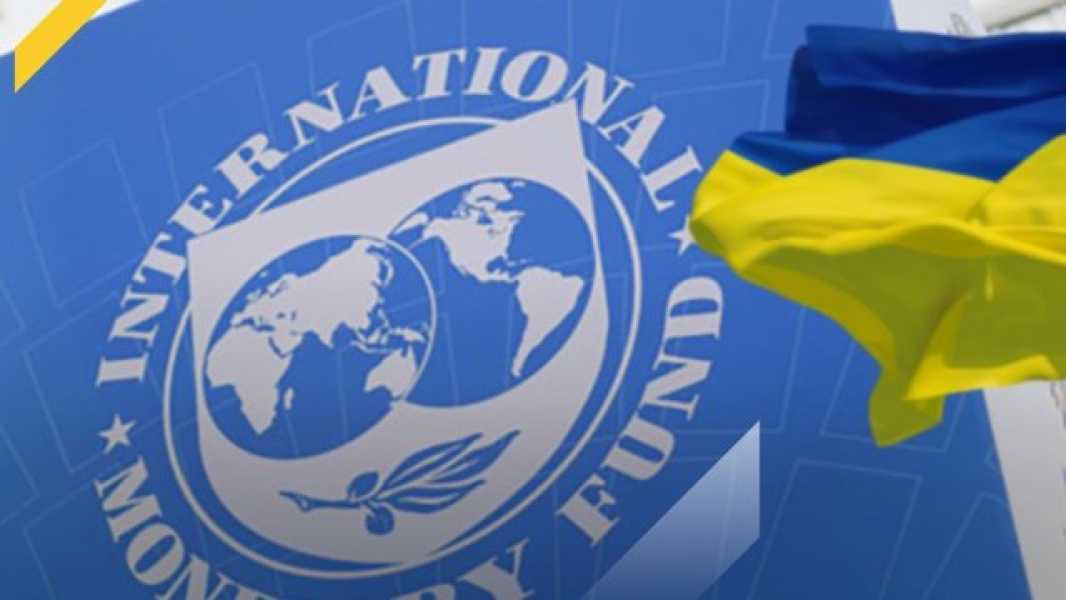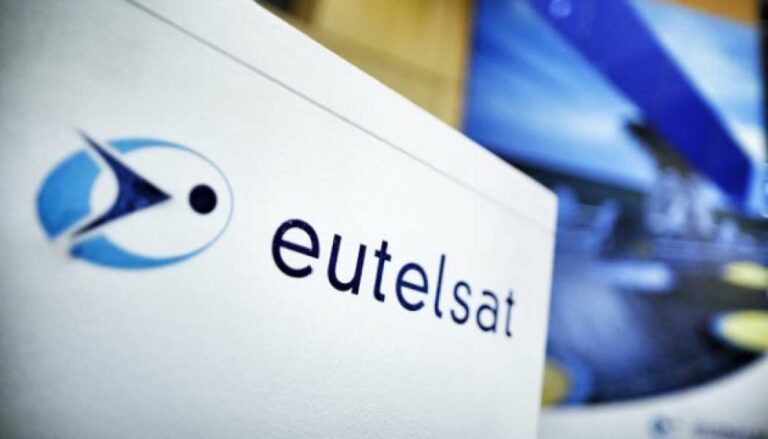Ukraine to Improve Selection and Appointment of Supervisory Board Members of State-Owned Companies by August 2025 — IMF Program
Facts Economy Sports Investments Diplomacy Regions Projects
Special topics:
Red Cross Ukraine Reconstruction Military Energy Open4business

Ukraine has committed to improving the process of selection and appointment of members of supervisory boards of state-owned enterprises by August 2025, as well as to develop a roadmap for reforms in the area of selection of members of supervisory boards under the Extended Fund Facility with the International Monetary Fund (IMF), updated following the seventh review.
“We will review the procedures for selecting and appointing members of the supervisory boards of state-owned enterprises and make corresponding changes to the CMU statutes, including Resolutions 142 and 143, by August 2025 (proposed structural benchmark is August 2025) in cooperation with the fund’s staff and international partners,” the updated memorandum says.
“At the same time, we will adopt a roadmap for more significant medium-term reforms of SOE board recruitment in line with international best practices, taking into account the status of SOEs and the screening results. In particular, the roadmap will aim to (a) streamline and centralize the selection process for supervisory board candidates, including a monitoring procedure agreed with the IMF; (b) clearly define and delineate the roles and responsibilities of key decision makers; (c) improve the efficiency of each individual step of the process, thereby reducing the time to completion of the selection; (d) ensure that supervisory boards are appropriately composed, taking into account the profile of SOEs and the required competencies; and (e) improve the onboarding of new board members,” the report says.
“We have developed a comprehensive standard operating policy, a government dividend policy, and a privatization strategy. We commit to reviewing and publishing the standard operating policy by December 2025. More broadly, we will also assess the financial viability of key state-owned enterprises as an input to developing a framework to address quasi-fiscal expenditures, including legacy public service obligations (PSOs) with the help of IMF technical assistance,” the report says.
“We are exploring options, in close consultation with international partners, to improve the governance of state-owned enterprises, including the possible introduction of a centralized governance model consistent with the SOE corporate governance reform program within the framework of the Standard Operating Procedures and international best practices. This will include defining the roles and powers of key government agencies involved in the governance of state-owned enterprises, such as the Ministry of Finance, the Ministry of Economy, the government and the State Property Fund,” it says.
Source: Source



